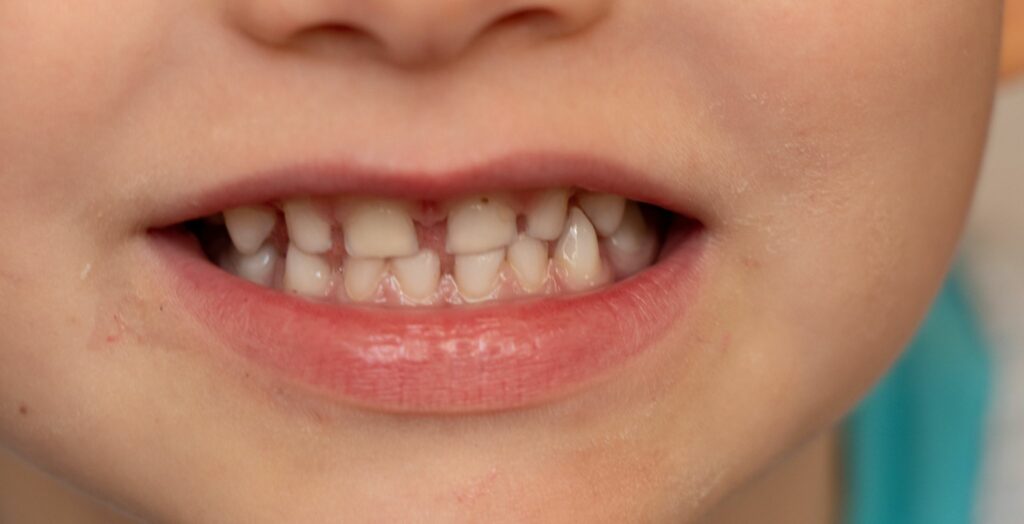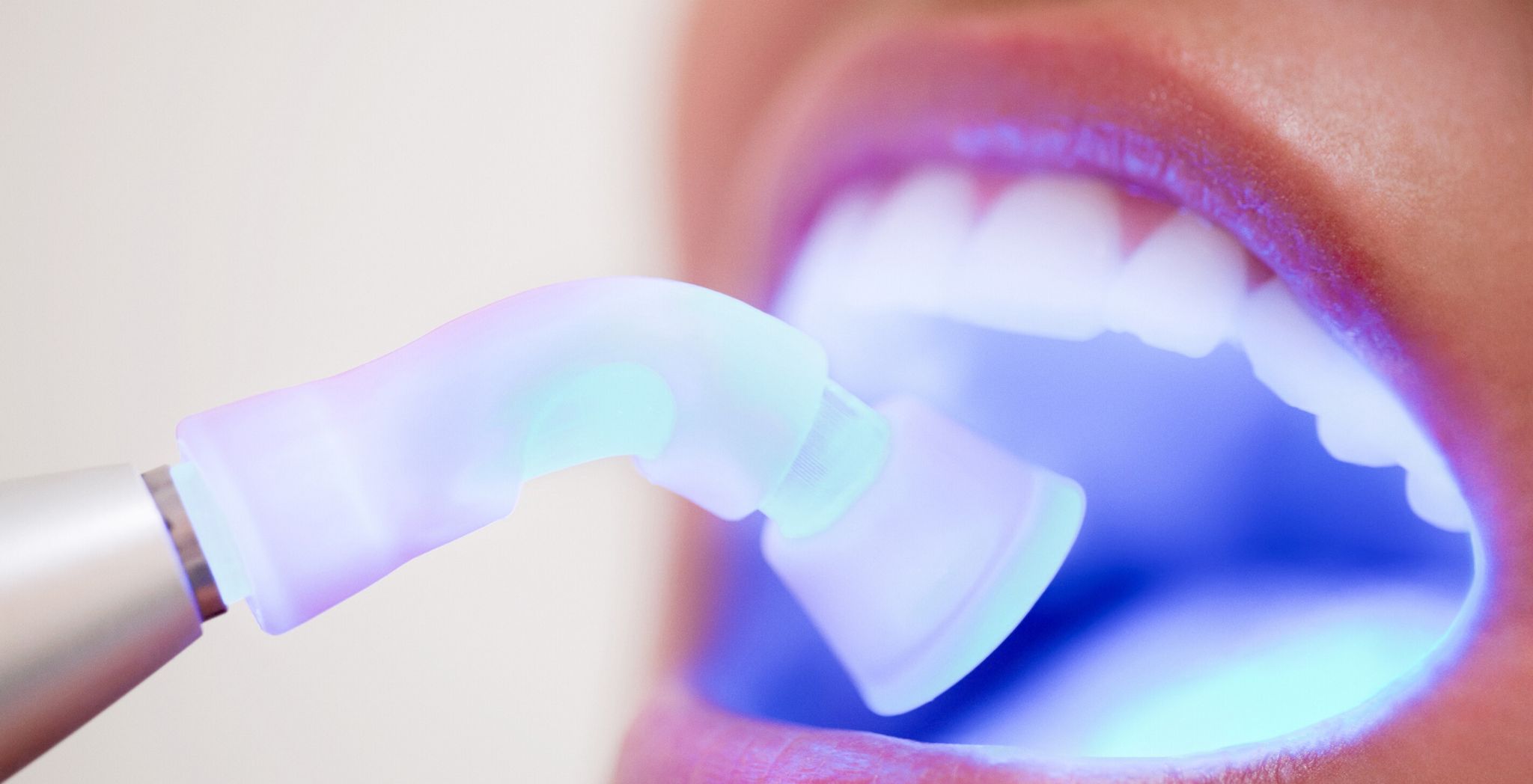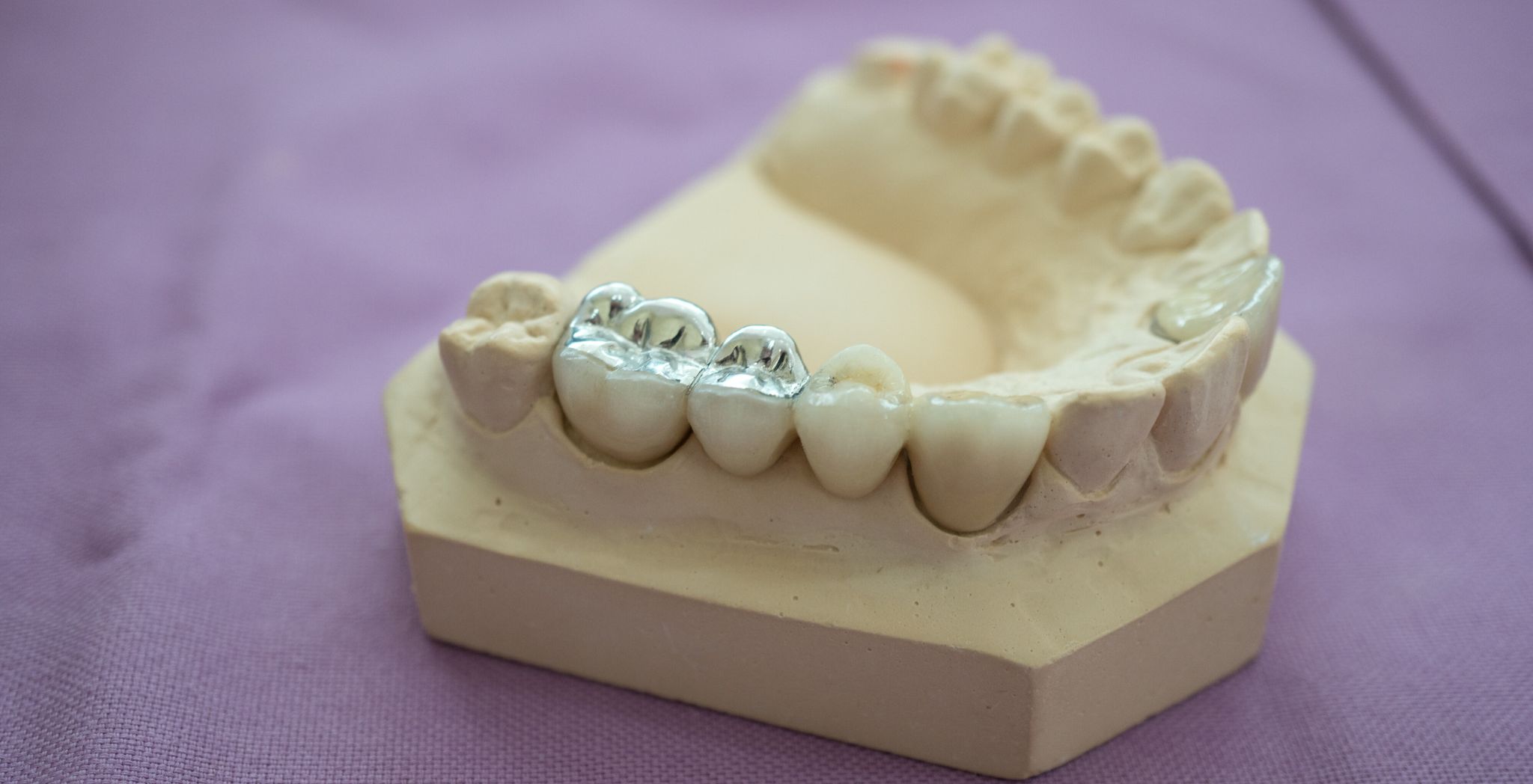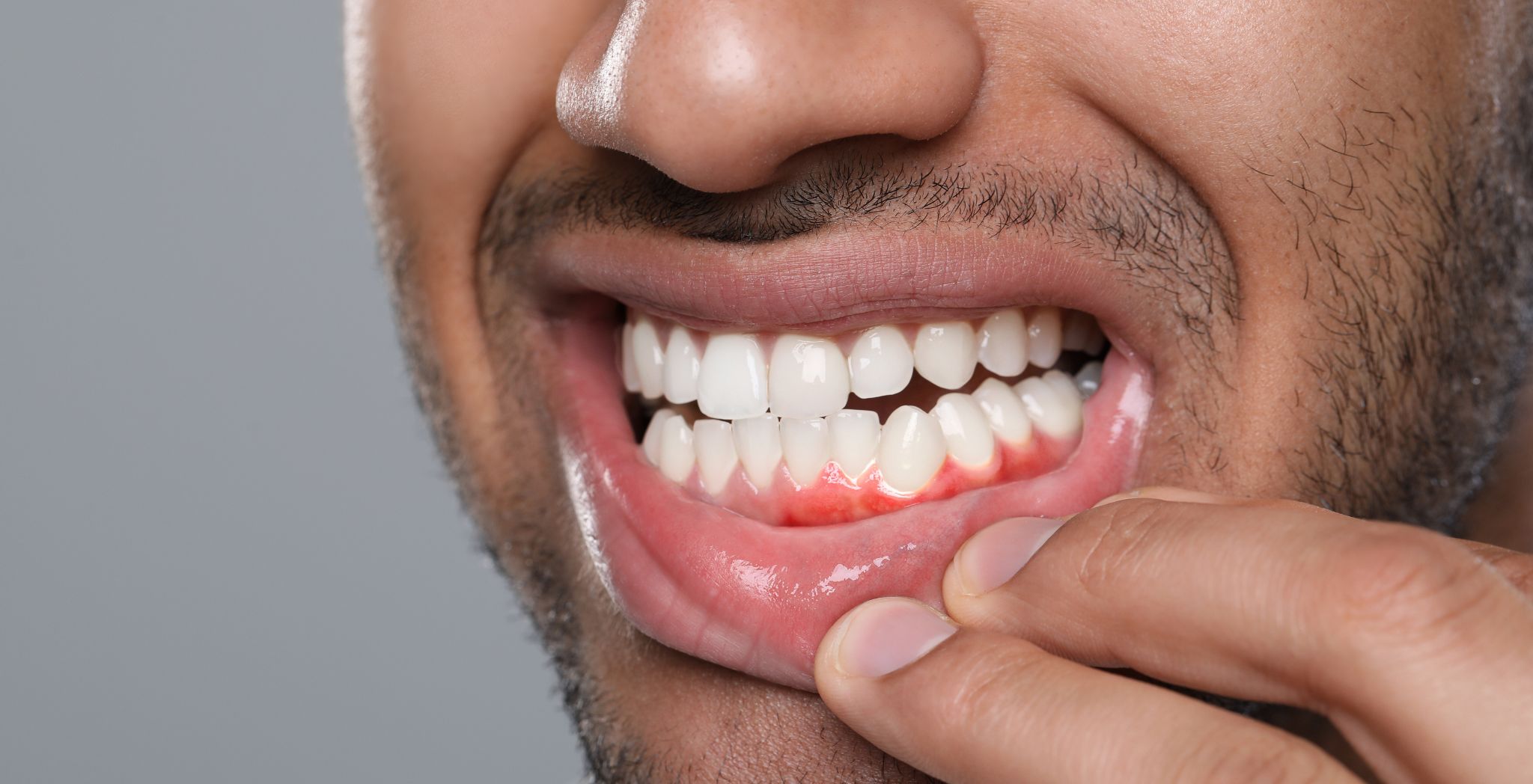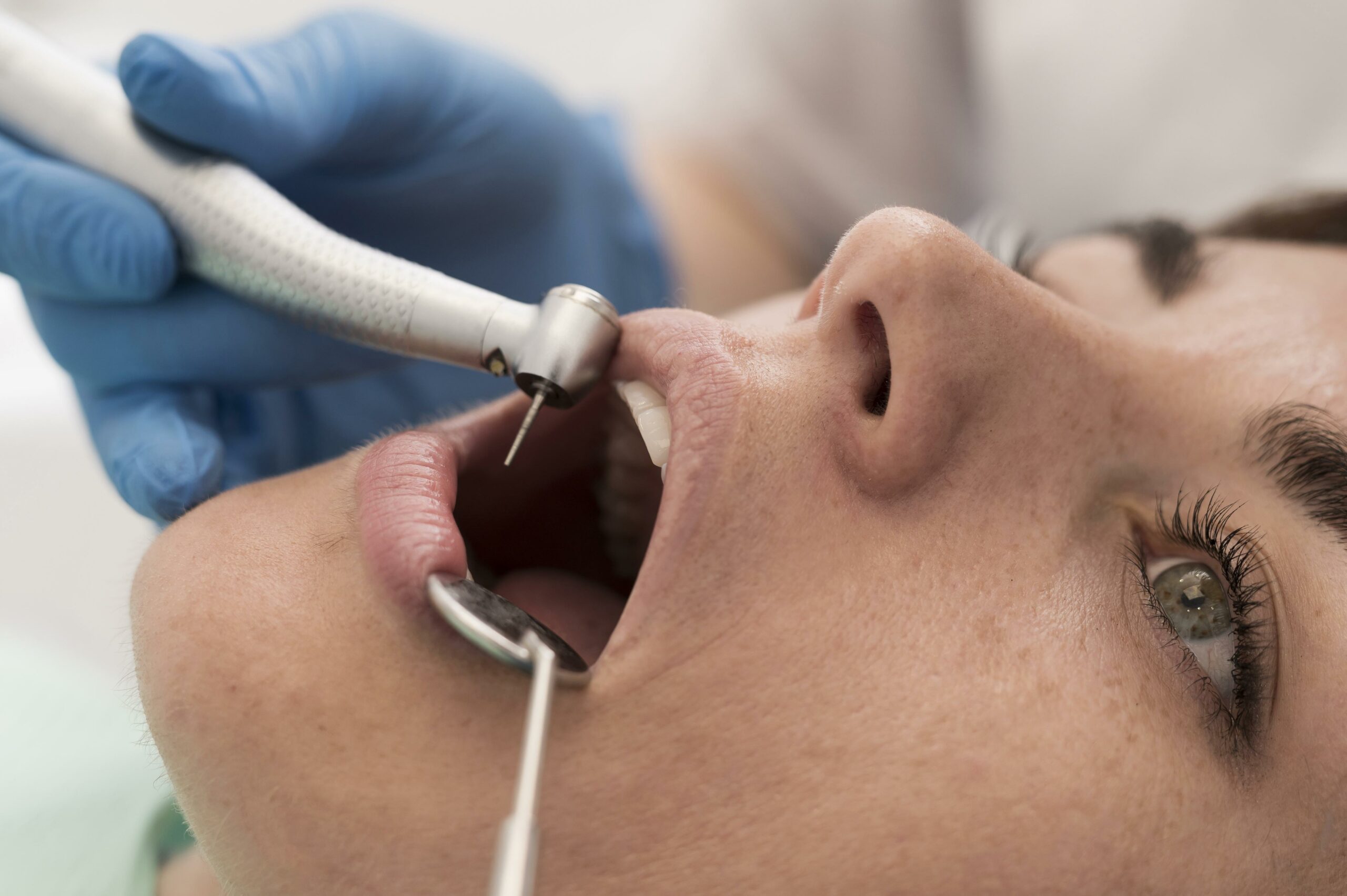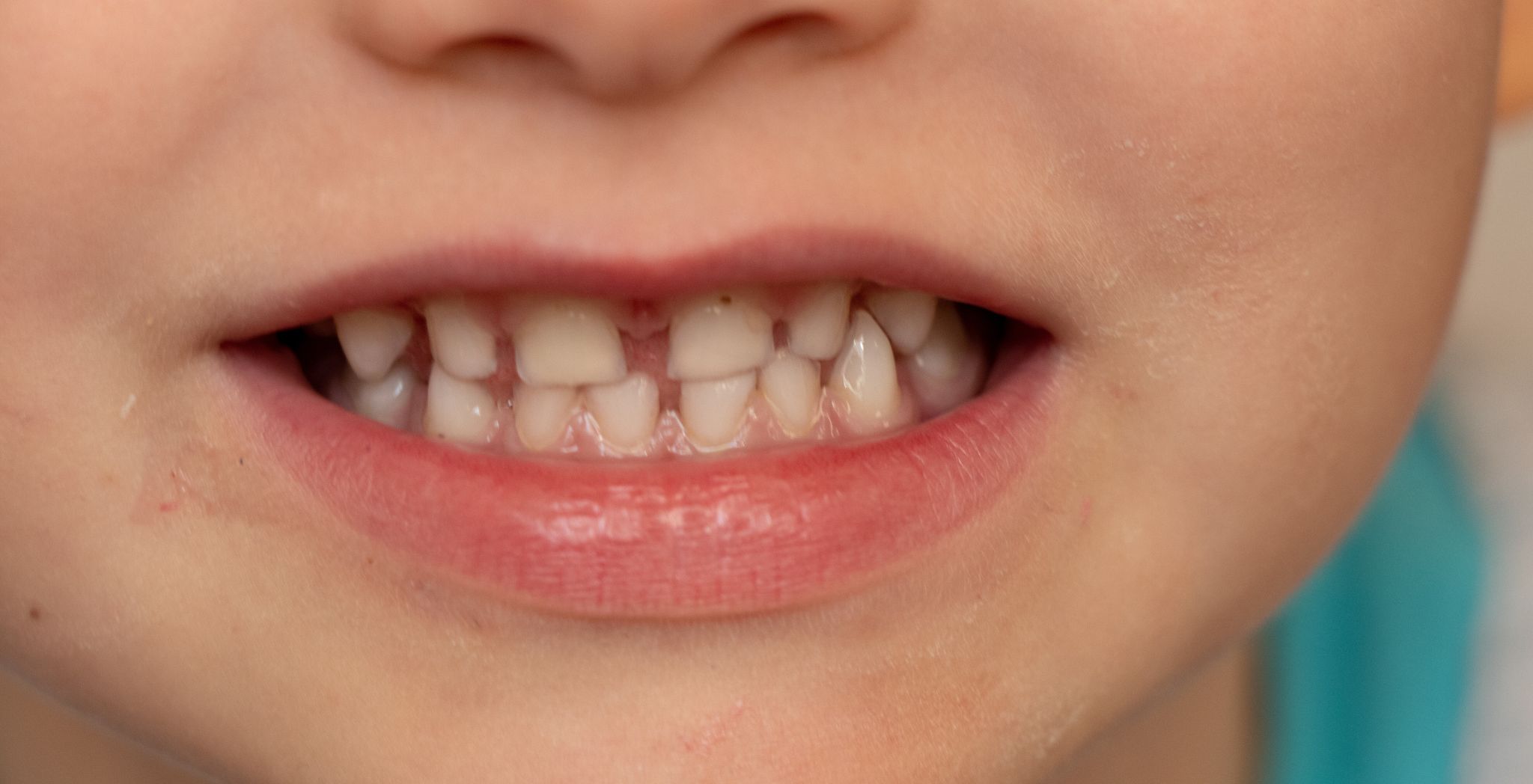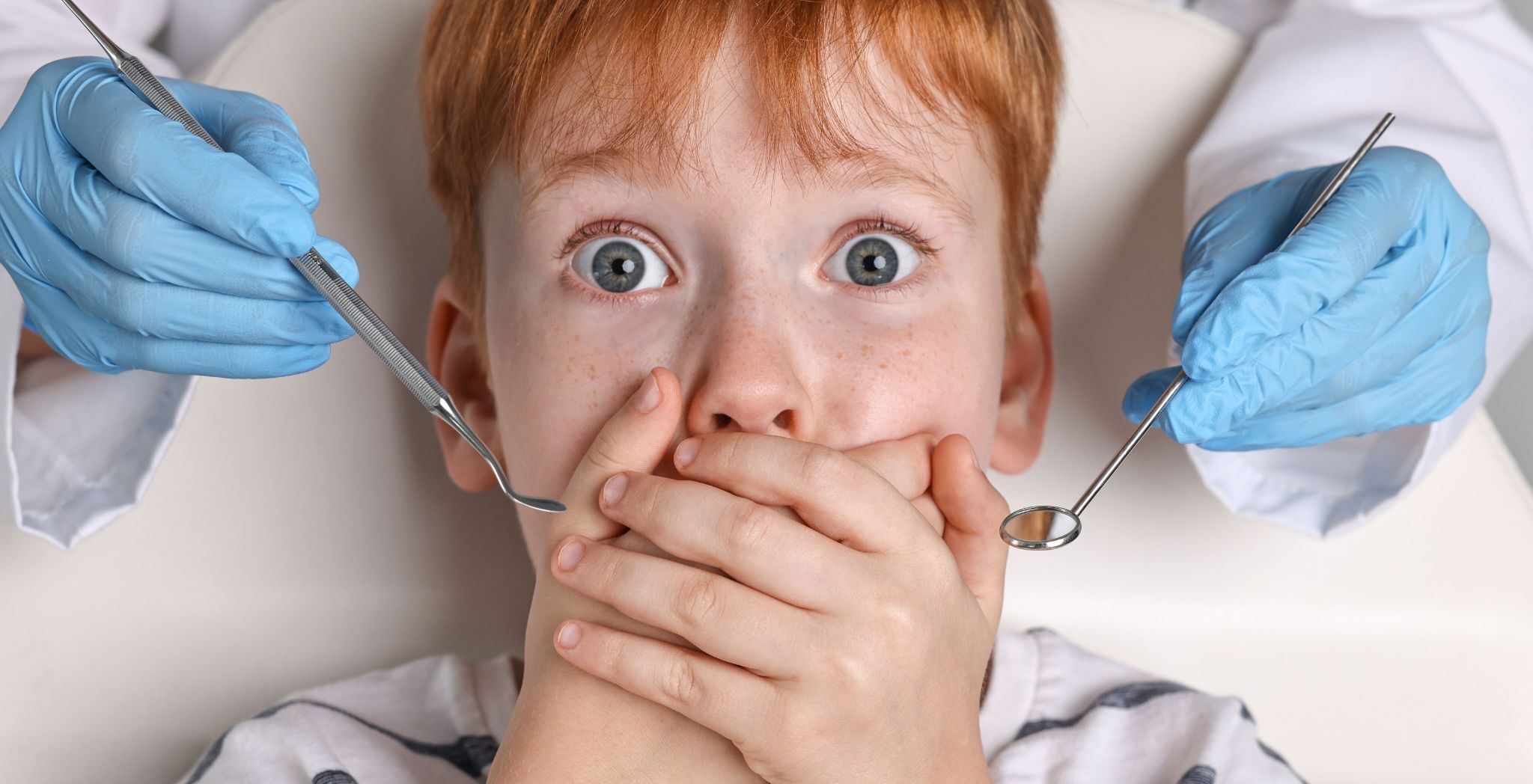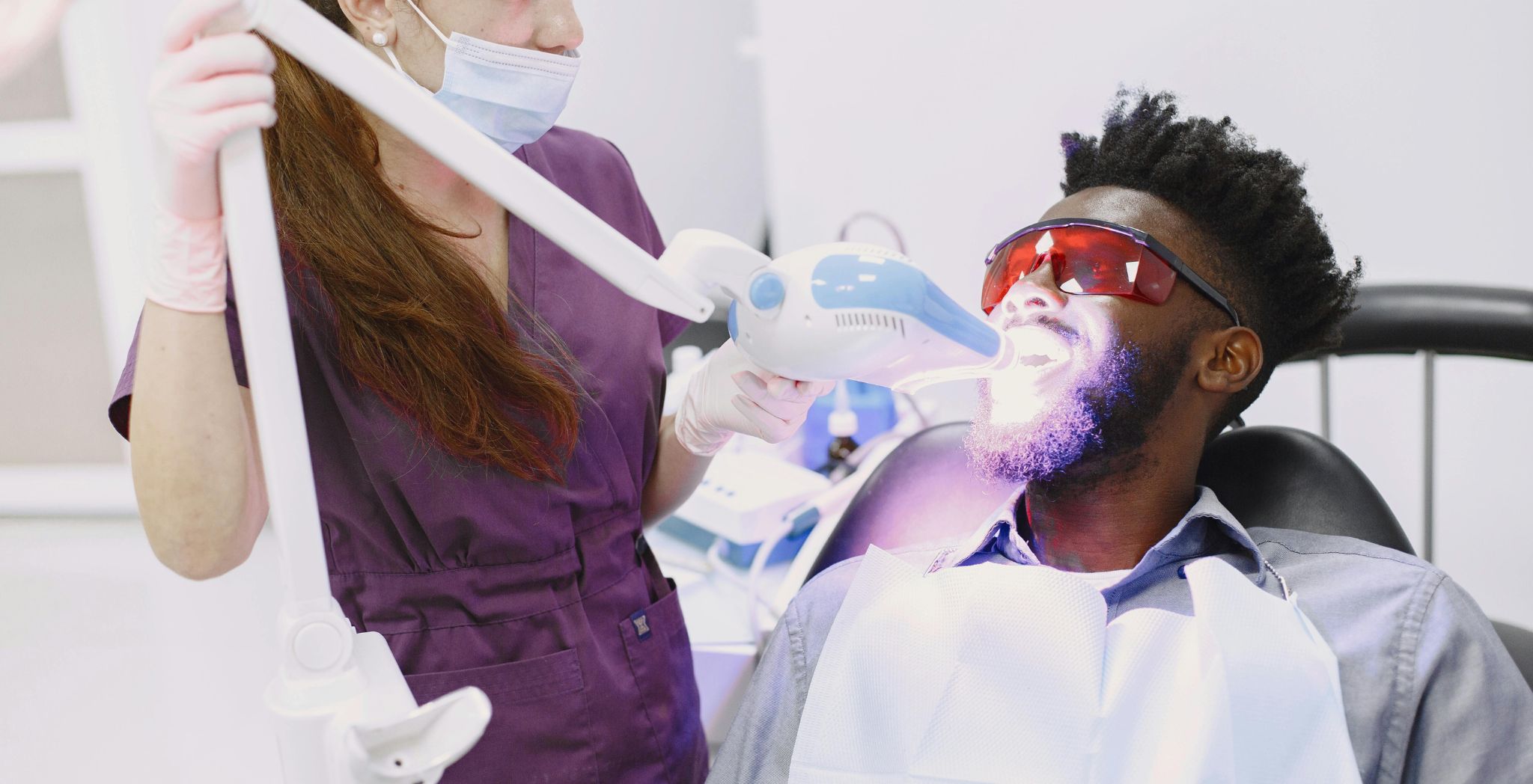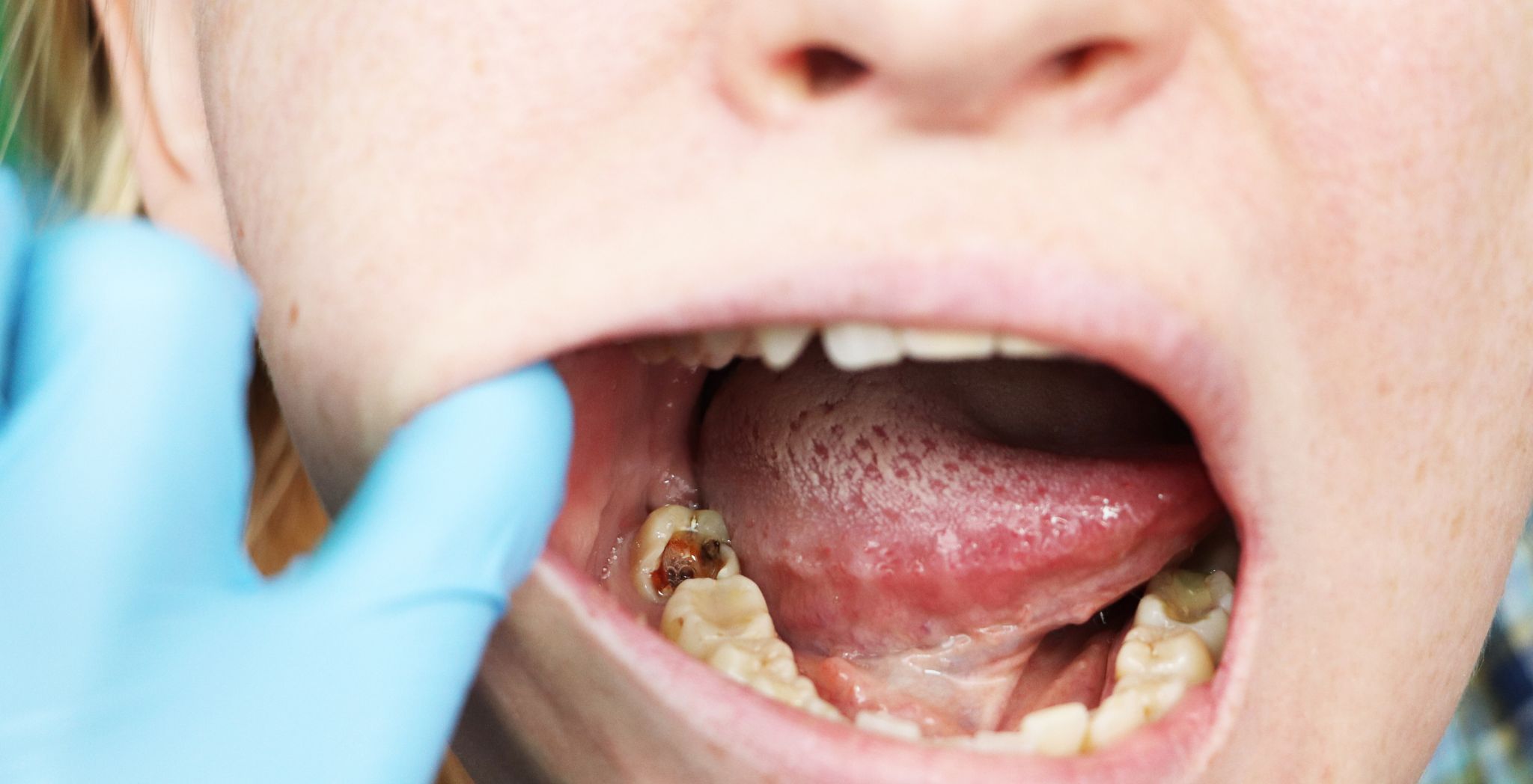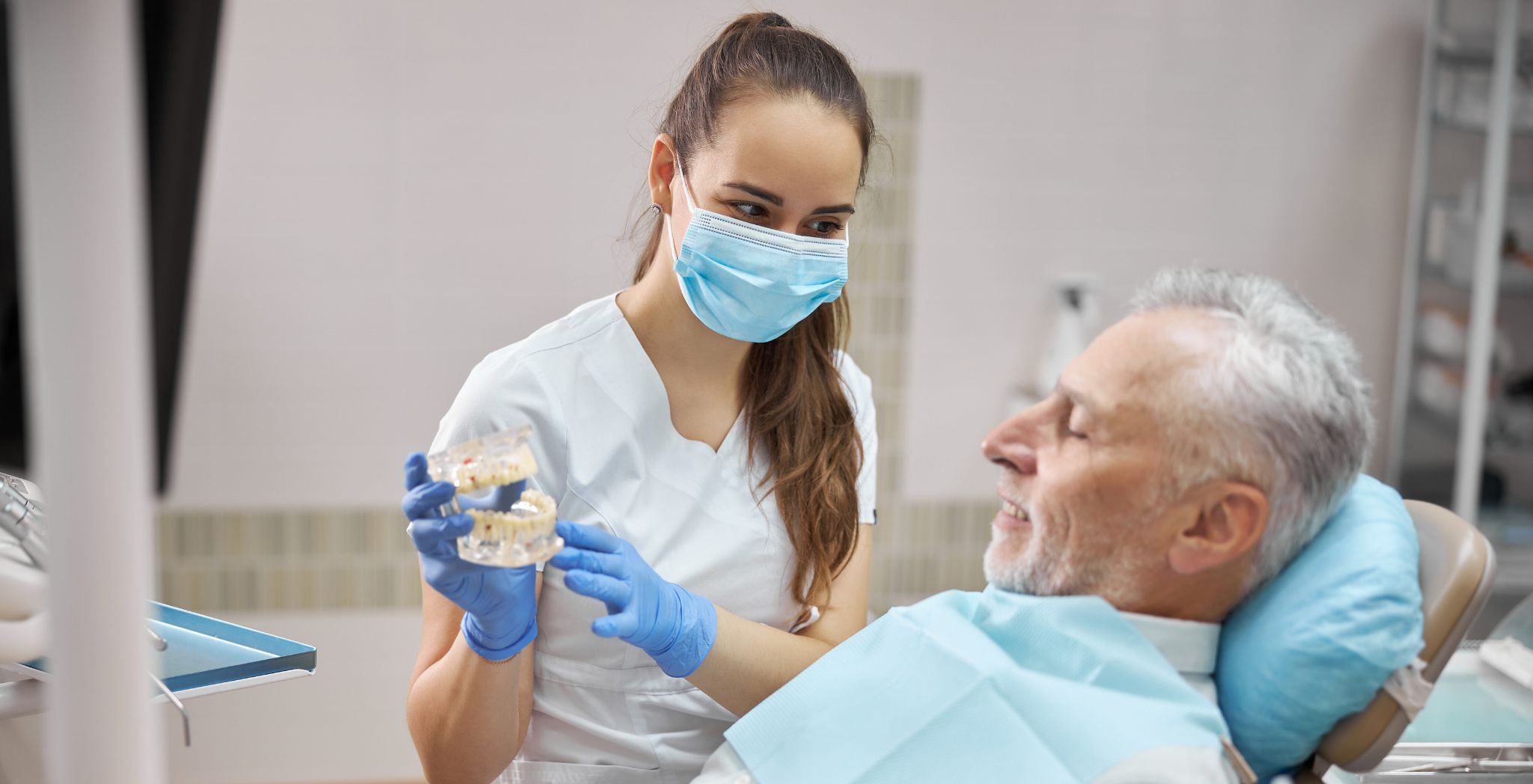Seeing your baby grow is amazing. Every smile, every new sound, and every tiny tooth that pops through is a joy. But sometimes, parents notice something a little different: their baby grinding their teeth. This might sound strange, but it’s actually quite common. This teeth-grinding habit in babies is called “bruxism.”
In this blog, we’ll discuss bruxism in infants. We’ll examine why it happens, what signs to look for, and what can be done about it. Our goal is to help you understand this common issue so you can feel more at ease.
Bruxism in Infants
Imagine your baby’s tiny teeth rubbing together. That’s essentially what bruxism is. It’s when a baby or child grinds, clenches, or rubs their upper and lower teeth against each other. This can happen during the day, when they are awake (this is called awake bruxism), or at night while they are sleeping (this is called sleep bruxism).
For many parents, the sound of tiny teeth grinding can be a bit alarming, especially at night. It can sound like a harsh, scraping noise. While it can be a temporary phase for many children, understanding it is key.
Causes of Bruxism in Infants
It’s natural to wonder why your little one might be grinding their teeth. The truth is, there can be several reasons, and often it’s a mix of things. Let’s explore some of the common causes:
1. Teething Pain
This is one of the most common reasons. When babies are teething, their gums can be sore and uncomfortable. Grinding their teeth can actually help them relieve this discomfort. The pressure of grinding might feel a bit like a massage on their gums, easing the pain of new teeth pushing through.
2. Jaw Development and Exploration
Babies are always exploring their world, including their mouths and jaws. As their jaws and teeth develop, they might experiment with how their teeth fit together. Grinding can be a way for them to explore these new sensations and get used to their developing bite. It’s part of how they learn about their own bodies.
3. Stress or Anxiety
Even tiny babies can experience stress or anxiety. This might sound surprising, but changes in their routine, a new environment, or even feeling unwell can cause them to feel a bit unsettled. Just like adults might clench their jaw when stressed, babies might do the same. This stress can sometimes lead to teeth grinding.
4. Earaches or Other Pain
Pain in the ear or around the face can sometimes lead to bruxism. If a baby has an ear infection, for example, the discomfort might cause them to grind their teeth as a reaction to the pain.
5. Sleep Issues
Sometimes, bruxism is linked to a baby’s sleep patterns. If a baby isn’t sleeping well, perhaps due to a cold, allergies, or an interrupted sleep schedule, they might grind their teeth more. It can be a subconscious reaction during restless sleep.
6. Nutritional Deficiencies (Less Common)
While less common, some experts believe that certain nutritional deficiencies might play a small role in some cases of bruxism. However, this is usually not the primary cause and often needs to be considered alongside other factors.
7. Other Medical Conditions (Rare)
In very rare cases, bruxism can be a symptom of a more serious underlying medical condition, such as certain neurological issues or developmental delays. However, it’s important to remember these cases are extremely rare, and usually, there are other clear signs if a baby has a more serious condition.
How Common is Bruxism in Infants?
You might be surprised to learn just how common bruxism is in infants and young children. Many studies show that a significant number of children will experience some form of teeth grinding at some point during their early years. It’s often a phase children grow out of as their teeth and jaws develop.
So, if your baby is grinding their teeth, you’re definitely not alone. It’s a very normal part of development for many little ones.
Signs and Symptoms of Bruxism in Infants
How do you know if your baby is grinding their teeth? Sometimes you’ll hear it, but other times the signs might be more subtle. Here’s what to look out for:
1. Grinding Noises
This is often the most obvious sign. You might hear a scraping or rubbing sound, especially when your baby is sleeping. It can sound quite loud in a quiet room.
2. Worn Down Teeth
If the grinding is happening a lot, you might notice that your baby’s teeth look a little flat or worn down on the biting surfaces. The tips of their teeth might not be as sharp as they once were.
3. Jaw Pain or Tenderness (Hard to tell in infants)
While babies can’t tell us if their jaw hurts, you might notice them being a bit fussy when opening their mouth wide, or perhaps they resist eating certain foods that require a lot of chewing. This can be a sign of jaw muscle soreness.
4. Headaches (Also hard to tell in infants)
Similar to jaw pain, headaches are hard to detect in infants. However, if your baby seems more irritable than usual or is having trouble sleeping, it could be a subtle sign of discomfort related to teeth grinding.
5. Increased Tooth Sensitivity (Hard to tell in infants)
If the grinding is severe, it can wear away the tooth’s protective outer layer (enamel), making the tooth more sensitive. Again, this is hard to gauge in infants, but it might be a subtle indicator if they are fussy with hot or cold foods.
6. Facial Muscle Aches
You might feel your baby’s jaw muscles when they are grinding. They can feel tight or tense.
Potential Effects of Bruxism in Infants
For most infants, bruxism is a temporary and harmless phase. However, if it goes on for a long time or is very severe, it can sometimes lead to a few issues:
1. Tooth Wear
The most common effect is the wearing down of the baby’s tooth enamel. While baby teeth are temporary, severe wear can sometimes affect their overall health and how their adult teeth will grow in.
2. Jaw Pain and Discomfort
Just like adults, babies can experience soreness in their jaw muscles if they are constantly clenching and grinding. This can make them uncomfortable.
3. Headaches
Persistent grinding can sometimes lead to headaches, although this is harder to identify in infants.
4. Damage to Dental Work (If applicable)
If your baby has any dental fillings or other dental work (which is uncommon in infants but can happen in rare cases), severe bruxism could potentially damage them.
5. Sleep Disruption
While grinding often happens during sleep, severe bruxism can sometimes disrupt a baby’s sleep, leading to them being more tired or irritable during the day.
Diagnosing Bruxism in Infants
Often, parents are the first to notice their baby grinding their teeth. If you suspect your baby has bruxism, a visit to a dentist, especially a dentist who is an expert in children’s teeth, like a dentist Aspendale, is a good idea.
The dentist will typically:
- Ask about your observations: They’ll want to know when you hear the grinding, how often, and if you’ve noticed any other symptoms.
- Examine your baby’s teeth and mouth: They’ll look for signs of worn-down teeth, check the jaw muscles, and make sure there are no other obvious problems.
- Check their bite: They might also observe how your baby’s upper and lower teeth come together.
In most cases, a simple visual examination and discussion with you will be enough to diagnose bruxism.
Treatment Options for Bruxism in Infants
For most infants, bruxism doesn’t need specific “treatment” in the way you might think. Often, it’s about managing the underlying cause and supporting your baby.
1. Addressing Teething Pain
If teething is the cause, helping your baby with their teething discomfort can often reduce grinding. This might involve:
- Teething toys: Offering safe, chewable teething toys that your baby can gnaw on.
- Cool washcloths: A cool, clean washcloth for them to chew can provide relief.
- Gentle gum massage: Gently rubbing their gums with a clean finger.
- Pain relief (if recommended by a doctor): In some cases, your doctor might suggest infant-safe pain relief if the teething pain is severe.
2. Comfort and Reassurance
Providing a calm and reassuring environment can help if stress or anxiety is suspected. This includes:
- Consistent routines: Sticking to a regular sleep and feeding schedule can provide comfort.
- Lots of cuddles: Physical closeness and comfort are always beneficial.
- Soothing activities: Gentle rocking, a warm bath, or soft music before bedtime can help them relax.
3. Jaw Exercises (Gentle)
Sometimes, very gentle jaw exercises might be suggested by a professional, but this is usually only if there’s a specific issue with jaw movement. Do not try these without professional guidance.
4. Addressing Sleep Issues
If poor sleep is contributing, working on better sleep hygiene can be beneficial. This might mean:
- Ensuring a comfortable and quiet sleep environment.
- Addressing any underlying conditions that might be disrupting sleep, like allergies or a cold.
5. Night Guards (Rarely used in infants)
For older children with very severe bruxism, dentists might sometimes suggest a special mouthguard to protect their teeth at night. However, this is extremely rare for infants due to their rapidly changing mouths and the risk of choking. It’s almost never recommended for babies.
6. Dental Interventions (Rarely needed)
In very few cases where severe bruxism is causing significant tooth damage, a dentist might consider very minor reshaping of the teeth to prevent further wear. This is only done after careful consideration and is not common for infants.
Preventing Bruxism in Infants
While you can’t always completely prevent bruxism, you can certainly take steps to reduce the likelihood or severity:
- Manage teething discomfort: Be proactive in soothing your baby when they are teething.
- Establish healthy sleep routines: A well-rested baby is generally a happier baby.
- Create a calm environment: Minimise stress and overstimulation, especially before bedtime.
- Regular dental check-ups: Even before teeth appear, it’s good to establish a relationship with a children’s dentist. They can offer advice and spot any potential issues early. For example, finding a good dentist Aspendale who is experienced with young children can be very helpful.
When Should You Seek Professional Help?
While most infant bruxism is temporary, there are times when it’s wise to see a professional. You should contact your family doctor or a paediatric dentist if:
- You notice significant wear on your baby’s teeth: If the teeth look very flat or chipped.
- Your baby seems to be in pain if it is fussier than usual, resisting food, or seems uncomfortable around its jaw.
- The grinding is very loud or constant: If it’s disturbing their sleep or your sleep regularly.
- You have any other concerns: Trust your instincts as a parent. If something feels wrong, it’s always best to get it checked out.
A paediatric dentist or a dentist Aspendale will be able to assess your baby’s specific situation and give you tailored advice and reassurance.
Conclusion
Bruxism, or teeth grinding, is a common occurrence in infants and can be a natural part of their development. While the sound can be unsettling for parents, it’s often a temporary phase linked to teething, jaw development, or even mild stress.
Understanding the causes, knowing what signs to look for, and being aware of when to seek professional advice can help you navigate this phase with confidence. Remember, a good dentist, especially one focused on children’s dental health, is a wonderful resource to help ensure your little one’s smile stays healthy and happy as they grow.
Take Action for Your Baby’s Smile!
If you’re noticing your baby grinding their teeth or have any concerns about their dental health, don’t hesitate to reach out. Schedule an appointment with a trusted children’s dentist at Aspendale Gardens Dental Care today.
Early guidance can make a world of difference for your little one’s developing smile!

